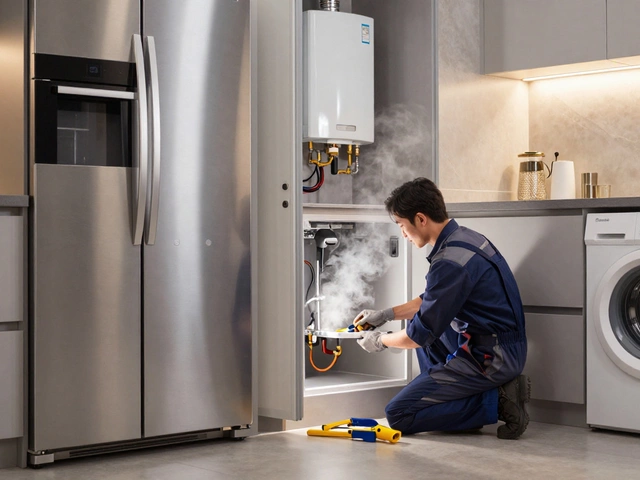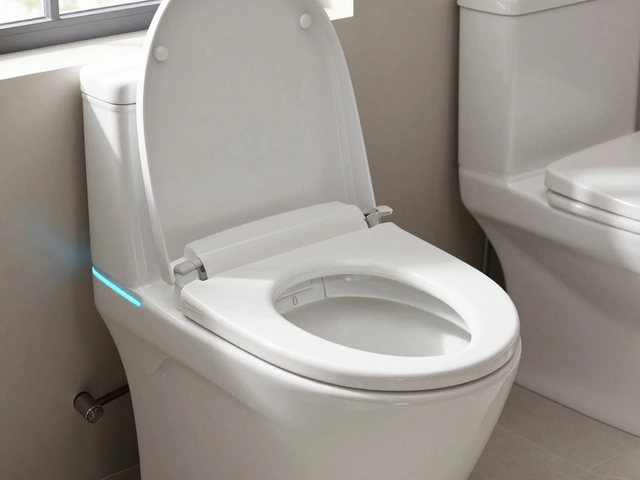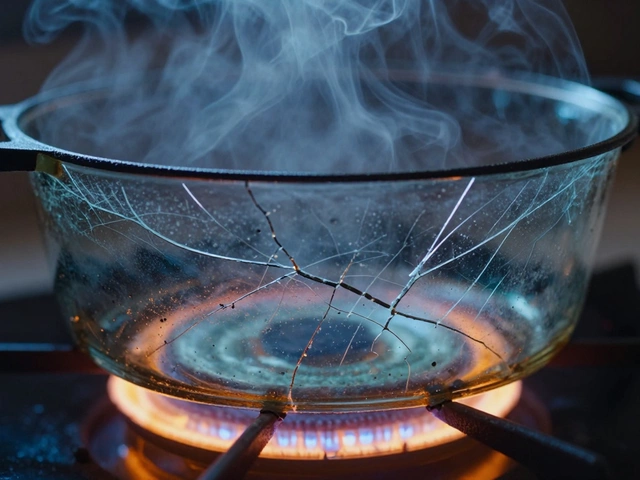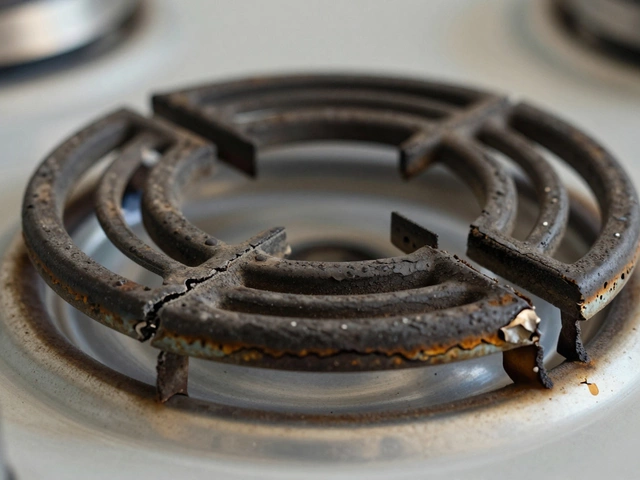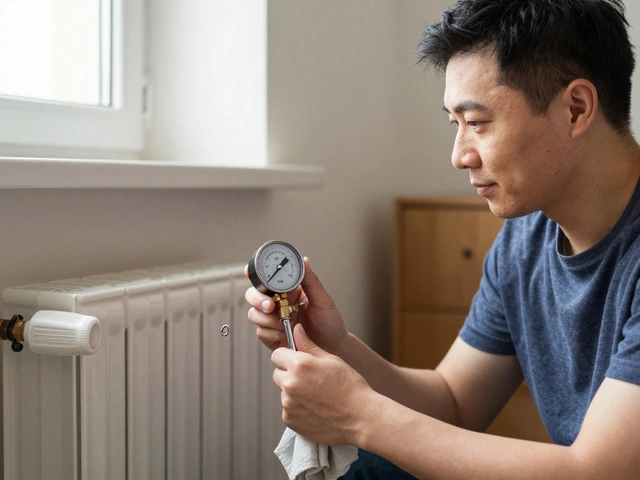Heating Issues: What to Check Before You Call a Pro
When the house gets chilly and the thermostat does nothing, it’s easy to panic. Most heating glitches have a simple cause that you can spot in a few minutes. Below are the most common problems, quick checks you can do yourself, and clear signs it’s time to call an expert.
Common Heating Problems and Quick Checks
Boiler won't fire up. First, make sure the pressure gauge reads between 1 and 1.5 bar. If it’s low, add water via the filling loop until it’s in range. Next, check the thermostat batteries – dead batteries are a sneaky culprit. Finally, listen for any strange noises; rattling could mean a trapped air pocket that needs bleeding.
No hot water in the shower. Turn on the hot tap and feel the pipe. If the pipe is cold, the water heater’s heating element might be faulty. Reset the breaker for the water heater; many units have a reset button near the thermostat. If the reset trips again, the element likely needs replacement.
Heat pump stops blowing air. Look at the outdoor unit and clear any leaves or debris that might block airflow. A dirty filter inside the house can also choke the system – swap it out with a clean one. If the fan still won’t run, the capacitor may be dead and will need a pro’s eye.
Furnace makes a grinding noise. Turn off the system and inspect the blower motor for loose screws or debris. A worn belt can cause that grinding sound; a quick visual check will show if it’s frayed. Tighten anything that looks loose and run the furnace again. If the noise persists, the motor bearings might be worn out.
These checks take less than ten minutes each, but they can save you a call-out charge.
When to Call a Professional
Even if you’re handy, some issues require licensed work. If you see any of the following, stop DIY-ing and dial a pro:
- Gas smells or a hissing sound from the boiler – gas leaks are dangerous.
- Repeated breaker trips after resetting the water heater – electrical faults need a qualified electrician.
- Corrosion or rust on boiler pipes – this points to a leak that could cause water damage.
- Control board error codes that you can’t decode – modern units rely on electronics that should be handled by a technician.
- Any repair that takes longer than 30 minutes despite the quick checks – a pro can diagnose hidden issues faster.
Hiring a local service like Hinckley Home Appliance Repair means you get a quick response, transparent pricing, and a guarantee on the work. They can also perform a full system tune‑up, which keeps your heating running efficiently all winter.
Bottom line: start with the easy checks, clear the obvious debris, and make sure your thermostat is working. If the problem sticks around, call in a professional before the cold gets any worse.
29 July 2024
·
0 Comments
Exploring the time it can take to fix a boiler, this article dives into varying factors like the type of repair, potential complications, and the expertise of technicians. From quick fixes such as replacing a thermostat to more involved solutions requiring part replacements, readers will gain insights into expected repair durations. Tips for routine maintenance help prevent breakdowns and reduce service time. Understanding what affects boiler repair time can lead to better planning and fewer surprises when heating issues arise.
Read more


